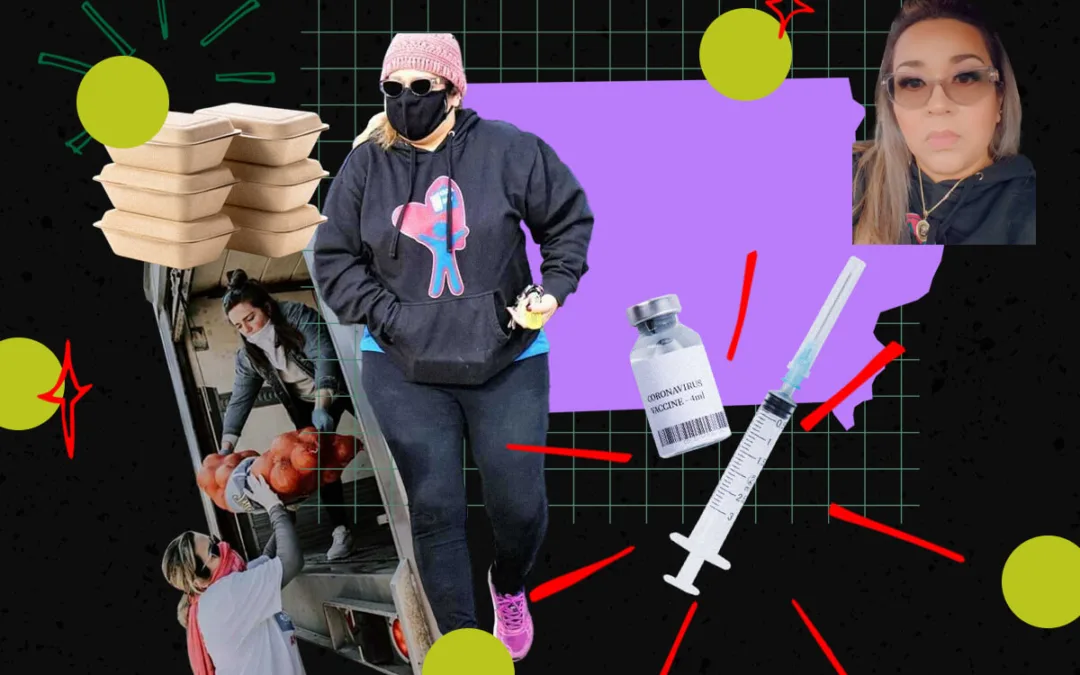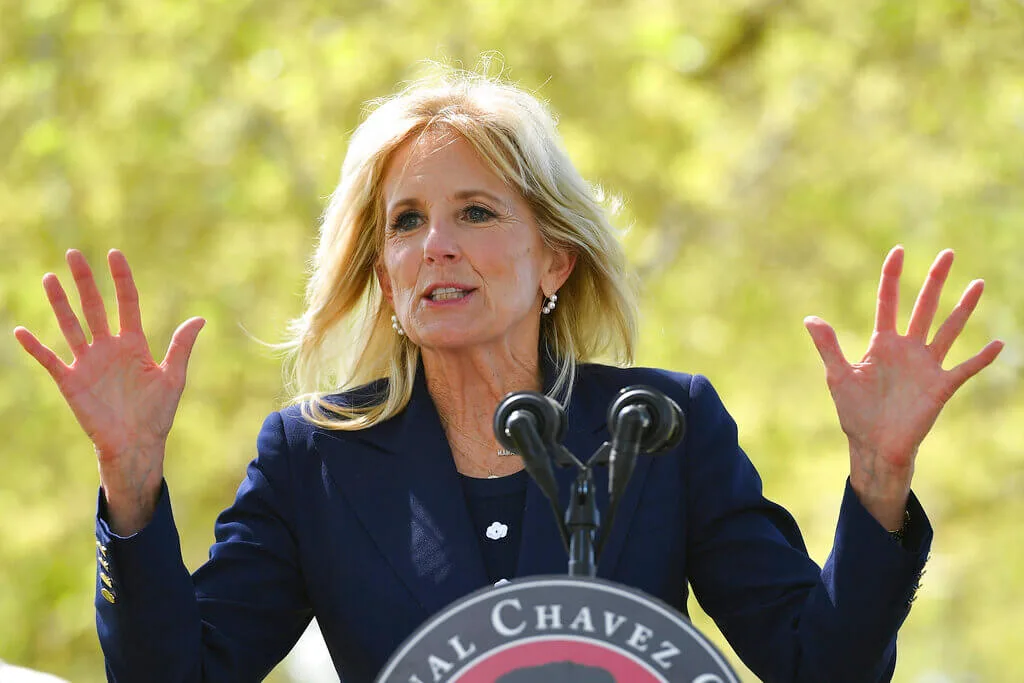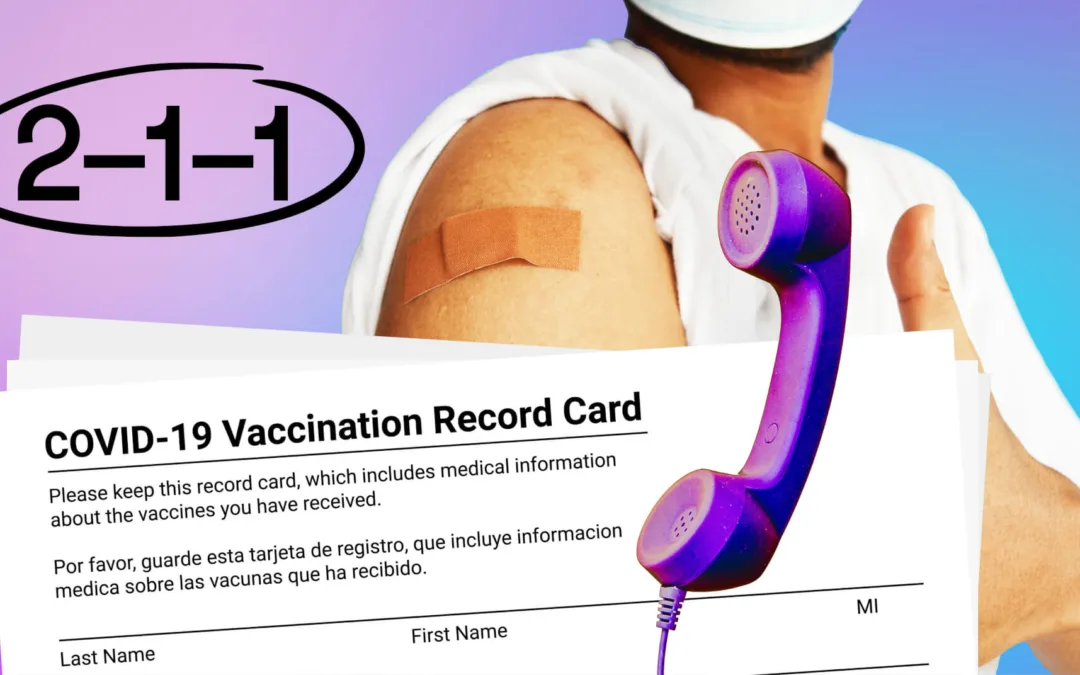
Photo courtesy of Jackie Chamberlain
Nearly 100 children contracted the virus while being detained at a rehabilitation center in Prescott Valley.
More than 1,600 incarcerated children across the country have tested positive for COVID-19 as of mid-August, leaving experts and youth advocates raising questions whether authorities are prepared to handle this and future public health crises.
Joshua Rovner, a lead researcher for the Sentencing Project, a Washington, D.C.-based advocacy center, is tracking the number of reported positive COVID-19 cases in the juvenile justice system. He said many more cases are likely unreported.
“I really want to emphasize that these are only the cases we know about due to testing and reporting,” Rovner said in an email. “The actual totals are definitely higher than these.”
According to data compiled by the Sentencing Project, cases have been found in 33 states, the District of Columbia and Puerto Rico.
“No one in the United States was sufficiently prepared,” said Robert Morris, chairman of the board of directors for the National Commission on Correctional Health Care.
In most states, juvenile detention administrators follow recommendations from the federal Centers for Disease Control and Prevention by reducing family visitation, screening staff, and visitors and requiring the use of face masks. As the coronavirus that causes COVID-19 continues to spread, most states are changing procedures to try to slow the spread behind bars, where social distancing and frequent hand-washing is difficult. Some states have decreased the number of youth admitted into detention centers, while others have increased in-home detentions.
In response to growing cases of COVID-19, the Arizona Department of Juvenile Corrections in March mandated face masks, separated incoming youth from the rest of the population for 14 days, and suspended in-person visitation, which were replaced by video calls, department spokesperson Kate Howard said in an email.
Medical professionals screened each individual upon arrival at Adobe Mountain School in north Phoenix, the only secure care facility operated by the Arizona Department of Juvenile Corrections, Howard said.
“ADJC has been affected by health issues in the past, including the H1N1 outbreak in 2009-2010,” she said. “However, the impact of COVID-19 is unique. Our response to COVID-19 has evolved and continues to evolve as we learn more about this disease and its spread.”
This spring, Arizona was the site of the nation’s largest COVID-19 outbreak at a child detention and rehabilitation center, according to the Sentencing Project. Yavapai County Community Health Services confirmed the Mingus Mountain Academy in Prescott Valley had 92 cases among its detainees.
The controversy over isolating children
To flatten the curve of infections, children showing symptoms are being placed in quarantine, which advocates and families find troubling. The CDC guidelines recommend placing those with symptoms similar to the coronavirus in medical isolation for 14 days.
This has left thousands of children confined to single cells or locked down in dormitory-style units that typically aren’t equipped for quarantining, said Karen Lindell, senior attorney at Juvenile Law Center in Pennsylvania.
“Young people are being placed in essentially solitary confinement in order in some cases to avoid the spread of the virus,” Lindell said. “But yet the impact on them is going to be the same as if they were placed there for punitive purposes.”
Medical isolation is different from solitary confinement in children who are quarantined still have access to daily outdoor time, recreational activities, schooling, and communication with their loved ones.
Rovner, with the Sentencing Project, and other advocates say misuse of medical isolation could largely contribute to underreporting of symptoms by children who fear they’ll be confined.
Before the pandemic
Before COVID-19 took root across most of the nation, detention centers had drawn criticism for using solitary confinement and other practices that health experts say damage children in lasting ways. The pandemic exacerbated long standing issues within the system.
Children who enter the justice system already are more susceptible to such illnesses as sexually transmitted diseases and tuberculosis, due in part to higher at-risk behaviors involving violence, substance abuse and sexual activity, according to a 2011 report by the Committee on Adolescence of the American Academy of Pediatrics.
The report said inadequate health care before children enter the system leads to such undiagnosed illnesses as high blood pressure and diabetes. To help incarcerated youth, the report suggests that detention facilities screen for infectious diseases from unprotected sexual activity, provide comprehensive preventive services and have on-site medical professionals to treat for mental health issues.
“That’s particularly true when you look at young people who have underlying health conditions like asthma or kidney disease or diabetes,” Lindell said. “And these are the kids that are disproportionately in the juvenile justice system, and so we have a vulnerable population there.”
Moving forward
Although the pandemic has exposed underlying problems in the juvenile health care system, it has reduced the number of children admitted to detention facilities — something the Annie E. Casey Foundation in Baltimore has advocated for over 30 years.
In detention facilities the foundation surveyed in March and April, the number of children detained before their court hearings had dropped 52%, according to its report “Leading With Race: To Reimagine Youth Justice.”
The reduction, it said, equaled one that took place in a 13-year period from 2005 to 2017, according to the report.
Continue Reading: Arizona Inmates Denied Masks, Access to COVID Tests
Delia C. Johnson is a Donald W. Reynolds Foundation fellow, Gretchen Lasso is a Diane Laney Fitzpatrick fellow, and Gabriela Szymanowska is the John and Patty Williams fellow.
This report is part of Kids Imprisoned, a project produced by the Carnegie-Knight News21 initiative, a national investigative reporting project by top college journalism students and recent graduates from across the country. It is headquartered at the Walter Cronkite School of Journalism and Mass Communication at Arizona State University.
Politics

Teamsters and UPS Reach Tentative Deal to Avoid Strike, 340,000 Workers to Get Raises
The tentative deal represents a huge win for full- and part-time UPS Teamster workers, who would get significant pay raises and better working...



One Republican Senator Is Blocking 265 Military Promotions, Leaving the Marines Without a Confirmed Leader
Sen. Tommy Tuberville's decision means these military officers are not getting the pay raises they’re owed, cannot move their families to wherever...
Local News



Teamsters and UPS Reach Tentative Deal to Avoid Strike, 340,000 Workers to Get Raises
The tentative deal represents a huge win for full- and part-time UPS Teamster workers, who would get significant pay raises and better working...



One Republican Senator Is Blocking 265 Military Promotions, Leaving the Marines Without a Confirmed Leader
Sen. Tommy Tuberville's decision means these military officers are not getting the pay raises they’re owed, cannot move their families to wherever...




